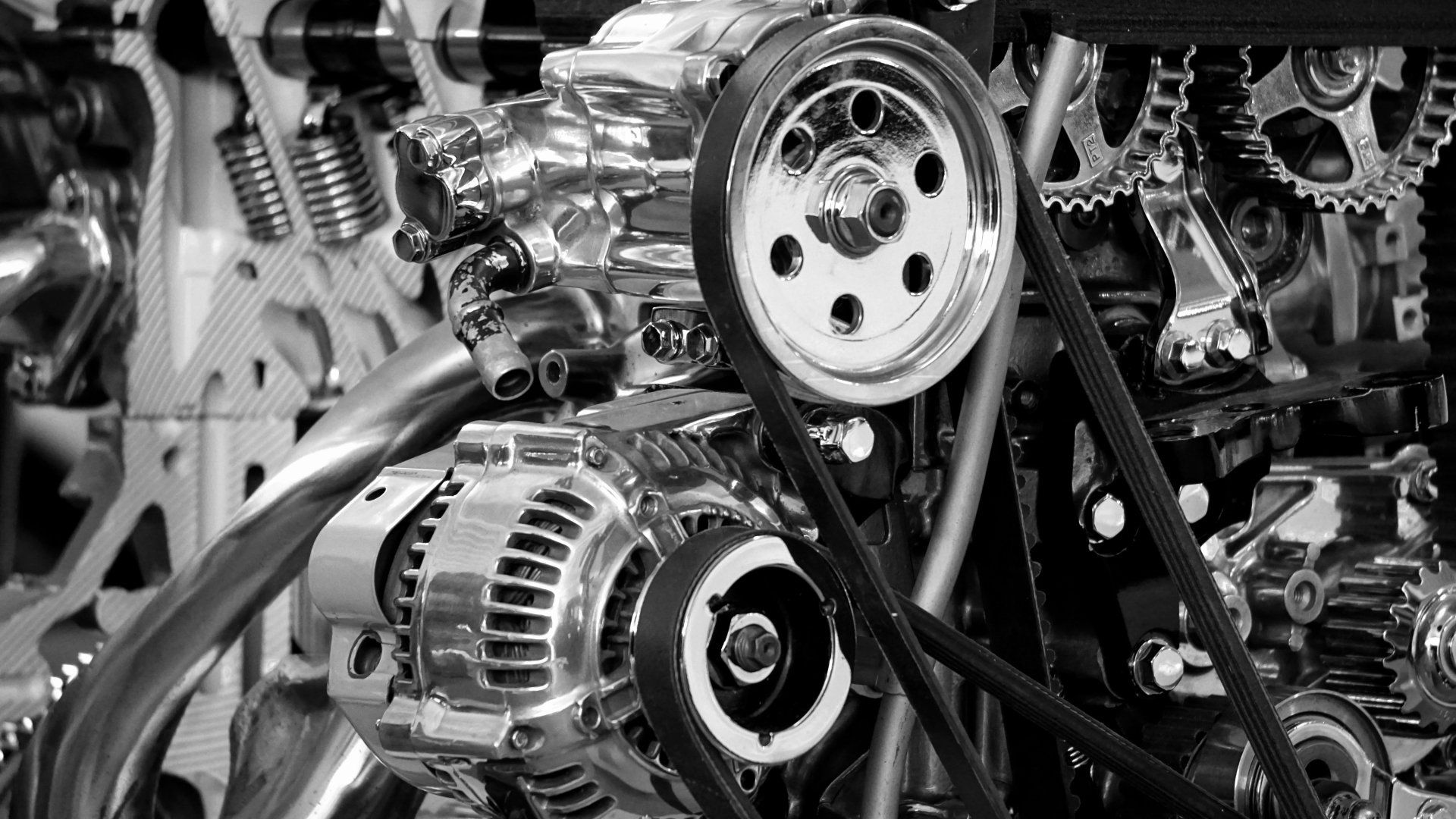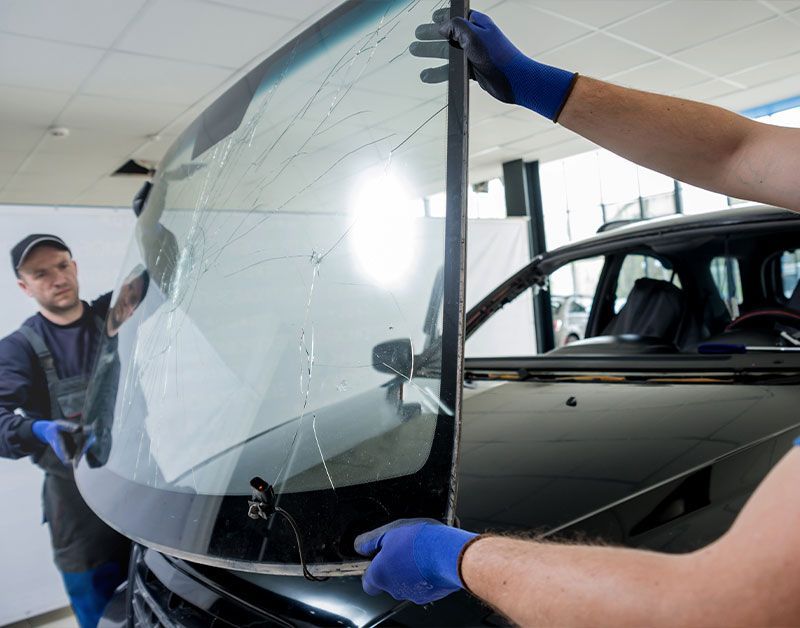Windshield Replacement in Phoenix, AZ & Get Up to $250 Cash Back! We serve the entire Phoenix area and back our work with a 100% warranty on all auto glass repair and replacement.
Understanding The Differences: Electric Engine Vs Combustion Engine
As we progress towards a more sustainable and eco-friendly future, the debate between electric engines and combustion engines becomes crucial in deciding our transportation choices.
Both have their unique characteristics and implications on energy efficiency, emissions, performance, and overall convenience. In this informative blog post, we will delve into the distinctive features of electric motors and internal combustion engines to provide you with a better understanding of their differences.
Key Takeaways
- Electric engines are more energy-efficient and produce zero emissions, making them environmentally friendly compared to internal combustion engines.
- Internal combustion engines require more maintenance due to their complex construction with various components like pistons, valves and a crankshaft. On the other hand, electric motors have very few moving parts which require little or no maintenance.
- Hybrid technology can combine the best features of both engine types for improved fuel efficiency in vehicles.
- Advancements in battery technology and charging infrastructure availability will be crucial for wider adoption of electric engines as the primary mode of transportation.

Understanding Electric Engines Vs Combustion Engines
Electric engines and combustion engines operate differently, with electric motors converting electricity to motion more efficiently than internal combustion engines, which rely on fuel burning to create energy.
Definition And Functioning Of Each Engine Type
Electric engines, also known as electric motors, are at the heart of electric vehicles (EVs) and rely on electricity to power their movement. These engines use magnetic fields generated by a combination of electromagnets and permanent magnets to turn electrical energy into motion.
The primary component in an electric engine is the rotor - a rotating part that spins inside a fixed stator, effectively transforming electrical energy into mechanical energy.
On the other hand, internal combustion engines (ICEs) have long been used as the driving force for conventional gasoline-powered cars. In this type of engine, small explosions occur within its cylinders due to the combustion of fuel mixtures with air. These controlled combustions push pistons connected to a crankshaft which then converts linear motion into rotary motion to drive the wheels of the vehicle.
While both types of engines serve the same purpose—to propel vehicles forward—their functioning mechanisms reveal stark differences between them: Electric motors utilize electromagnetic forces for creating rotational movement while internal combustion engines deploy chemical reactions for generating mechanical energy through reciprocating pistons working within pressurized chambers called cylinders—each contributing uniquely towards overall efficiency levels found in today's diverse range autos like hybrid vehicles combining these two technologies delivering greater performance benefits than ever before experienced by drivers worldwide!
Differences In Their Characteristics
Electric and combustion engines have several differences in their characteristics, which can impact their performance, maintenance, and environmental impact. Below is a table highlighting these differences.
| Characteristic | Electric Engine | Combustion Engine |
|---|---|---|
| Efficiency | Electric motors convert electricity to motion three times more efficiently than internal-combustion engines. | Combustion engines are less efficient due to energy losses in the form of heat and noise. |
| Environmental Impact | EV engines are more environmentally friendly, as they produce no direct tailpipe emissions. | Combustion engines release greenhouse gases and other pollutants, which contribute to air pollution and climate change. |
| Maintenance | Electric motors have very few moving parts, requiring little or no maintenance. | Gasoline engines have more moving parts, which can require regular maintenance and repair. |
| Torque | Electric motors can produce more torque at low speeds, providing quick acceleration. | Combustion engines often require higher speeds to produce maximum torque. |
| Complexity | Electric motors have a simple construction with one moving part, the shaft. | Combustion engines have a more complex construction with various components, including pistons, valves, and a crankshaft. |
| Controller & Charger | Electric vehicles use electronic controllers and chargers for managing power and charging the battery. | Combustion engines rely on mechanical and electrical systems, such as the fuel injection and ignition systems, to control the engine's operation. |
Pros And Cons Of Electric And Combustion Engines
When it comes to comparing electric engines and combustion engines, there are pros and cons to both options that should be considered before making a choice - keep reading to find out more.
Environmental Impact
The environmental impact of electric motors and internal combustion engines is a crucial factor to consider when weighing their differences. Electric vehicles have zero emissions, while gasoline-powered cars emit harmful pollutants that contribute to air pollution and climate change.
According to the U.S Department of Energy, EVs produce less than half the carbon dioxide emissions compared to gasoline vehicles over their lifetime. In addition, producing electricity from renewable sources such as solar or wind power makes EVs even more environmentally friendly. Fossil-fueled power plants generate most of the electricity used in charging electric cars.
Energy Efficiency
Electric engines are more energy-efficient than combustion engines. This is because electric motors convert electricity to motion with an efficiency of up to 90%, while internal-combustion engines use only 15-20% of the energy stored in gasoline to move a vehicle.
As a result, electric vehicles have lower running costs and require less maintenance than gas cars. Hybrid engines combine the best features of both electric and combustion engines for improved fuel efficiency. In these vehicles, an internal combustion engine works in tandem with an electric motor to optimize power output while reducing fuel consumption.
Hybrid technology has come a long way since Toyota introduced the first Prius model back in 1997, with newer models offering even more advanced powertrain technology and greater fuel economy.
Conclusion On The Differences Between The Two Engine Types
In conclusion, understanding the differences between electric engines and combustion engines is crucial to making informed decisions about our transportation choices. While internal combustion engines still play a significant role in powering many vehicles on the road today, electric motors offer numerous benefits, including higher energy efficiency, lower environmental impact, and fewer moving parts.
However, there are also challenges associated with electric engines such as battery technology and charging infrastructure availability. Thank you for reading our comparison of Electric vs Combustion engines, if you live in Arizona and need a windshield replacement call Phoenix Auto Glass!
Customer Rating: 4.8 out of 5 Stars
Based on 2800 Verified Reviews
Windshield Replacement Near Me
Choose your city for fast, professional windshield replacement.
Auto Glass Repair Availability and Valley-Wide Service
Open 24/7 Year-Round
Whenever you need us, we’re on call. Our technicians are ready at any hour, every single day of the year.
No holidays, no weekends—service any time, any day.
Valley-Wide Service
We’ll meet you wherever you are in the Phoenix metro area or throughout Maricopa and Pinal counties.
Need same-day help? Call now and we’ll arrange it.















